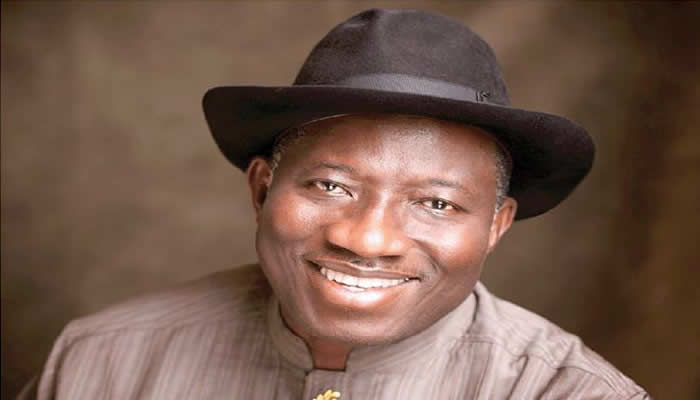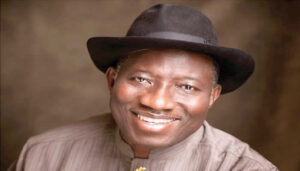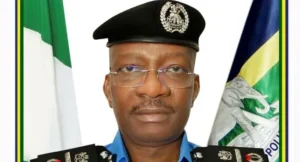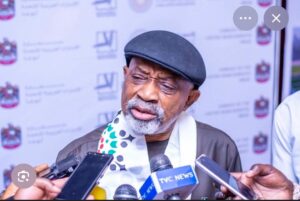
Why Tinubu Must Not Appoint Nigeria’s Next INEC Chairman
As Nigeria approaches the 2027 general elections, the credibility of its democratic process hinges on one critical decision: who appoints the next chairman of the Independent National Electoral Commission (INEC).
With the tenure of current INEC chairman Prof. Mahmood Yakubu set to expire in October 2025, concerns are mounting over the concentration of appointment powers in the hands of President Bola Tinubu—himself a likely contender in the upcoming election.
Allowing a sitting president to single-handedly nominate the electoral umpire who will oversee his potential reelection bid undermines public trust and raises serious questions about impartiality. To safeguard the integrity of Nigeria’s democracy, the appointment process must be reformed. Civil society organizations, the judiciary, academia, and professional bodies should be empowered to screen and recommend qualified candidates, ensuring transparency and neutrality.
This call for reform was echoed by former President Goodluck Jonathan, who—through Ms. Ann Iyonu, Executive Director of the Goodluck Jonathan Foundation—advocated for an independent nomination mechanism during the launch of the National Action Plan for Electoral Reforms in Abuja.
“So many questions have continued to be raised on the propriety of the process of appointing the INEC chairman,” Jonathan said. “Nigeria can improve the process by establishing an independent screening and nomination mechanism… This reform will reduce perceptions of bias, promote public trust in INEC, and enhance the legitimacy of its decisions”.
Jonathan’s intervention comes at a politically sensitive time. With President Tinubu expected to seek reelection, the choice of INEC leadership could decisively shape the credibility of the 2027 polls.
Critics argue that the current system—where the president nominates the INEC chair after consulting the National Council of State and securing Senate confirmation—lacks sufficient checks and balances.
Drawing from his own experience, Jonathan recalled nominating Prof. Attahiru Jega in 2010, who later presided over the 2011 and 2015 elections, including the historic 2015 transition in which Jonathan peacefully handed over power after losing. That precedent, he suggested, underscores the importance of a selection process that commands broad public confidence.
Beyond INEC appointments, Jonathan also revived his proposal for an independent Registrar of Political Parties, tasked with regulating party operations and enforcing discipline. He decried the rise in opportunistic defections by elected officials, calling for a system that could declare seats vacant when politicians abandon the platforms on which they were elected.
“Political parties have become vulnerable to opportunism and instability,” he said. “The registrar should have the power to declare the seat of any defector vacant. This would affirm the principle that the electoral mandate belongs to the people and not to individual ambition”.
Jonathan further urged reforms to ensure that all post-election disputes are resolved before winners are sworn into office. He warned that the current practice—where officials assume office with unresolved petitions—creates confusion and undermines governance.
“Justice delayed in elections is justice denied, not just for the candidates, but for the electorate,” he said.
In closing, Jonathan called on political leaders and citizens to confront democratic weaknesses with honesty and courage.
“Let us continue to work together to build a Nigeria where elections are credible, leaders are accountable, and democracy truly delivers for the people”.
- Tobi Amusan Withdraws from Diamond League Final in Zurich
- Peller Found Safe Following Alleged Kidnapping Incident
- Ebuka Songs Celebrates New Mercedes-Benz Acquisition
Share your story or advertise with us: Whatsapp: +2348033202396 Email: sentinelnewsng@gmail.com








